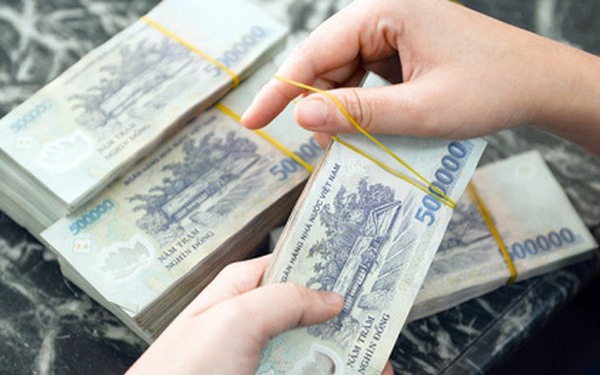Borrowers will be the beneficiary of a newly-issued State Bank of Vietnam (SBV) circular on extending debt rescheduling as it helps them to keep cash flows stable, experts said.

Borrowers will be the beneficiary of a newly-issued State Bank of Vietnam (SBV) circular on extending debt rescheduling as it helps them to keep cash flows stable, experts said.
The SBV last week issued Circular 14/2021/TT-NHNN, which revised Circular 03/2021/TT-NHNN, allowing banks to extend the repayment term for customers by another six months compared to Circular 03, until June 30, 2022.
In addition, the restructuring of overdue debts will also be extended from July 17, 2021 to before September 7, 2021.
According to Nguyen Dinh Duong, an analyst at Pinetree Securities Company, the circular was issued to directly support borrowers who have been adversely affected by the COVID-19 pandemic. However, the circular will not help banks gain more profits in the remaining months of the year.
Duong explained banks would not be the beneficiary of the new circular as the new policy kept the time of provisions on COVID-19 loans unchanged compared with Circular 03/2021/TT-NHNN to ensure the safety of credit institutions and the national financial system. Under the new circular, banks will still have to increase the ratio of the provisions gradually, from 30 per cent of COVID-19-affected loans by the end of 2021 to 60 per cent by the end of 2022 and 100 per cent by the end of 2023 as stated in the previous circular.
Sharing the same view, Phan Le Thanh Long, Director of the Australian Institute of Corporate Management Accountants (CMA Australia) in Viet Nam, said the circular targeted bank borrowers as it aimed to support firms which have been greatly affected by the pandemic.
According to the new circular, firms will also see lending interest rates and fees exempted or reduced, which will have a direct impact on helping firms stabilise cash flow, especially when they have to spend significantly to keep business and production going during the pandemic.
According to the SBV’s statistics, banks restructured loans worth about VND350 trillion (US$15.2 billion) for COVID-19-affected borrowers by the end of 2020. Industry insiders estimated if half of the loans became bad loans, the bad debt ratio of the banking system would increase to more than 3 per cent by the end of this year.
To control the risk of bad debt, banking expert Nguyen Tri Hieu recommended that besides recovering bad loans, banks must set aside provisions for bad and risky loans.
Some banks have already increased provisions for risky loans.
VietinBank, for example, increased its provisions from 120 per cent in 2019 to 130 per cent of loans in 2020. In 2021, VietinBank aimed to keep the bad debt ratio below 2 per cent. — VNS





